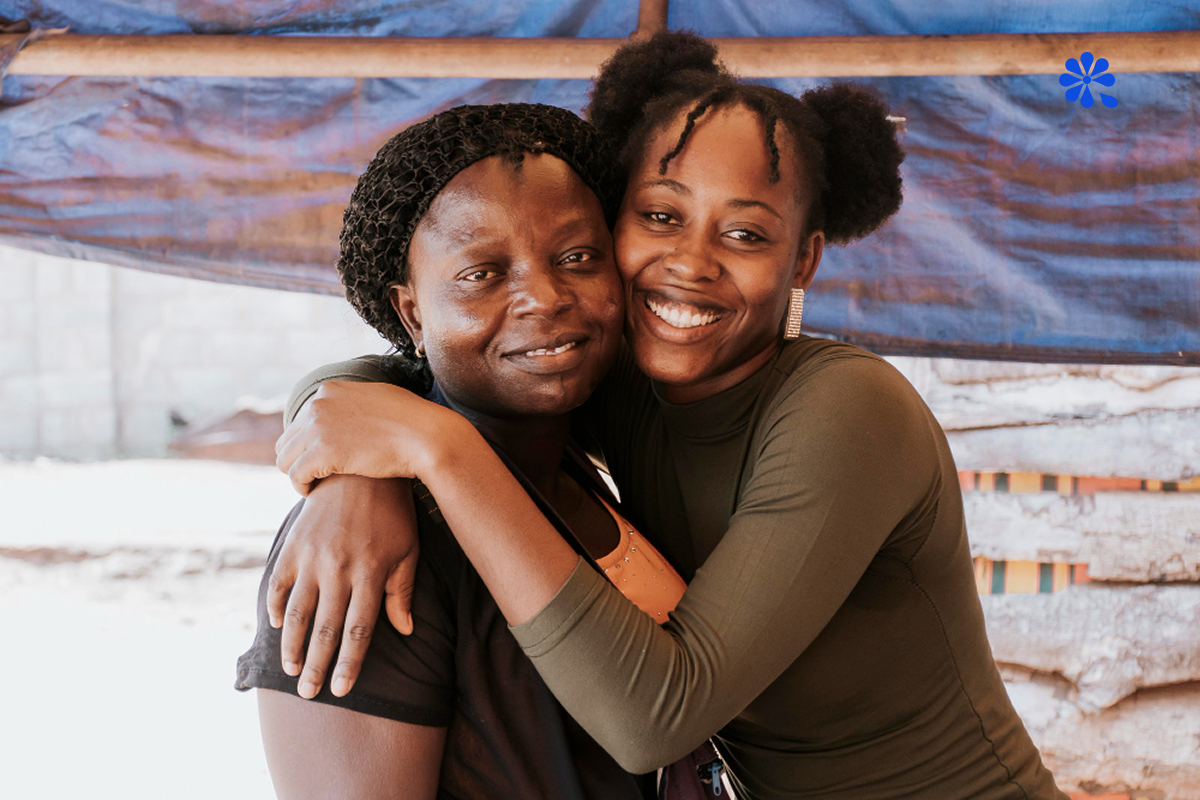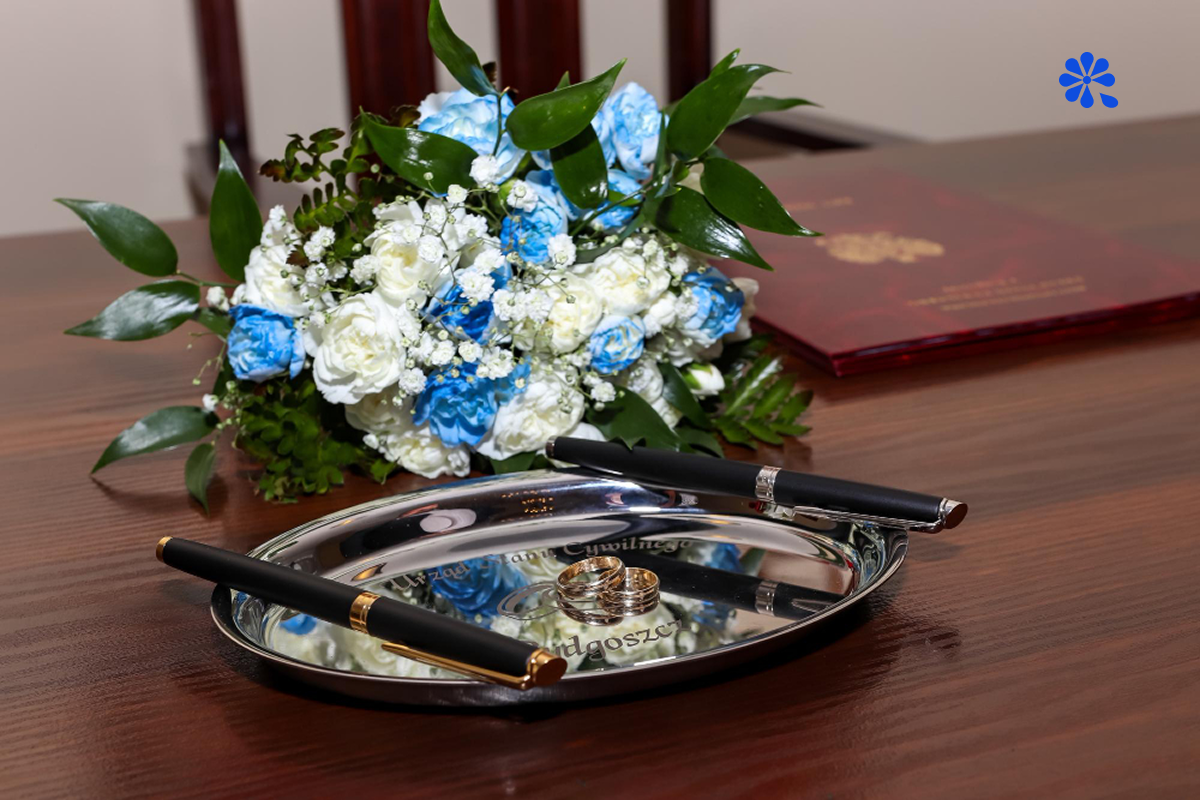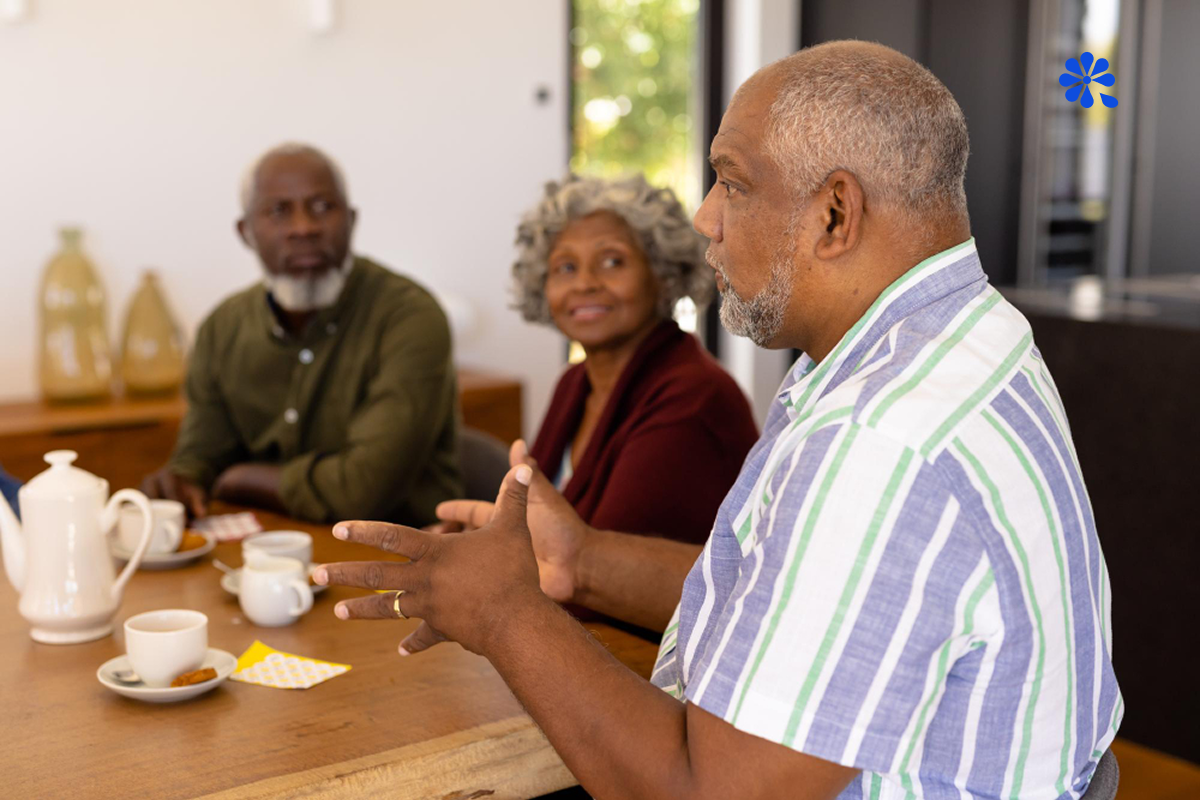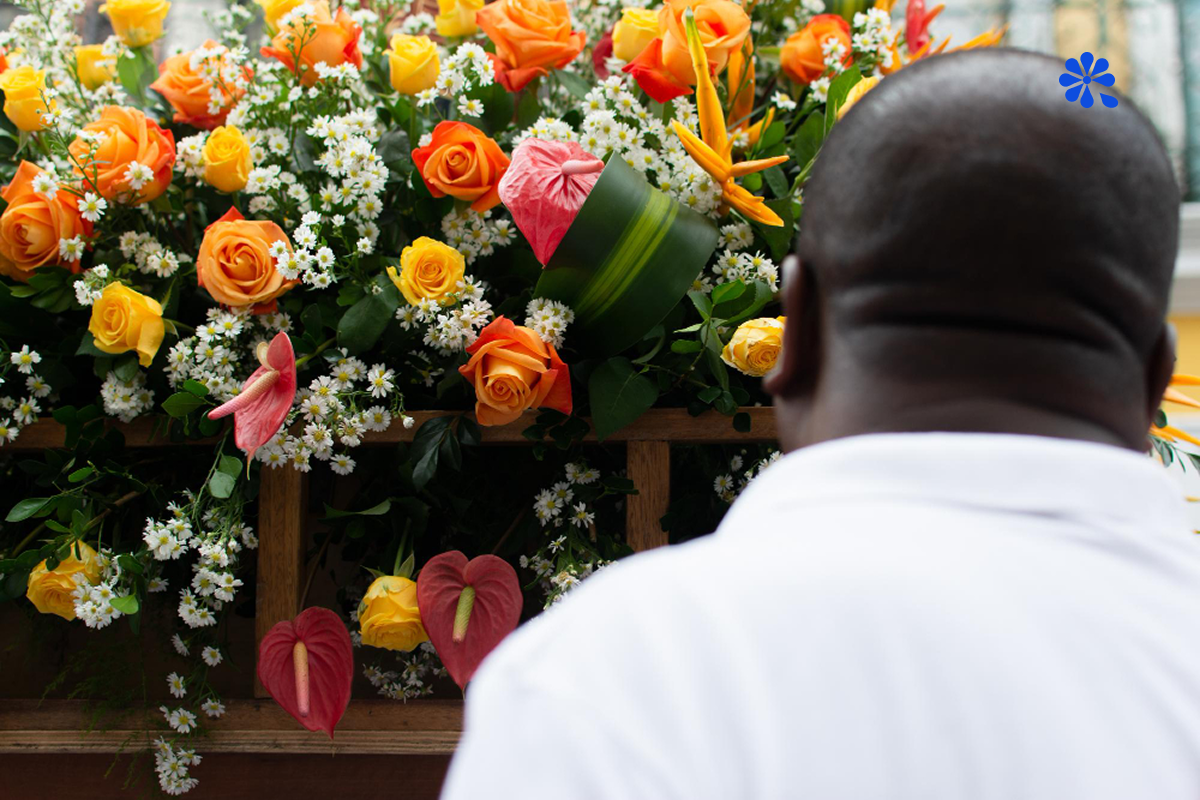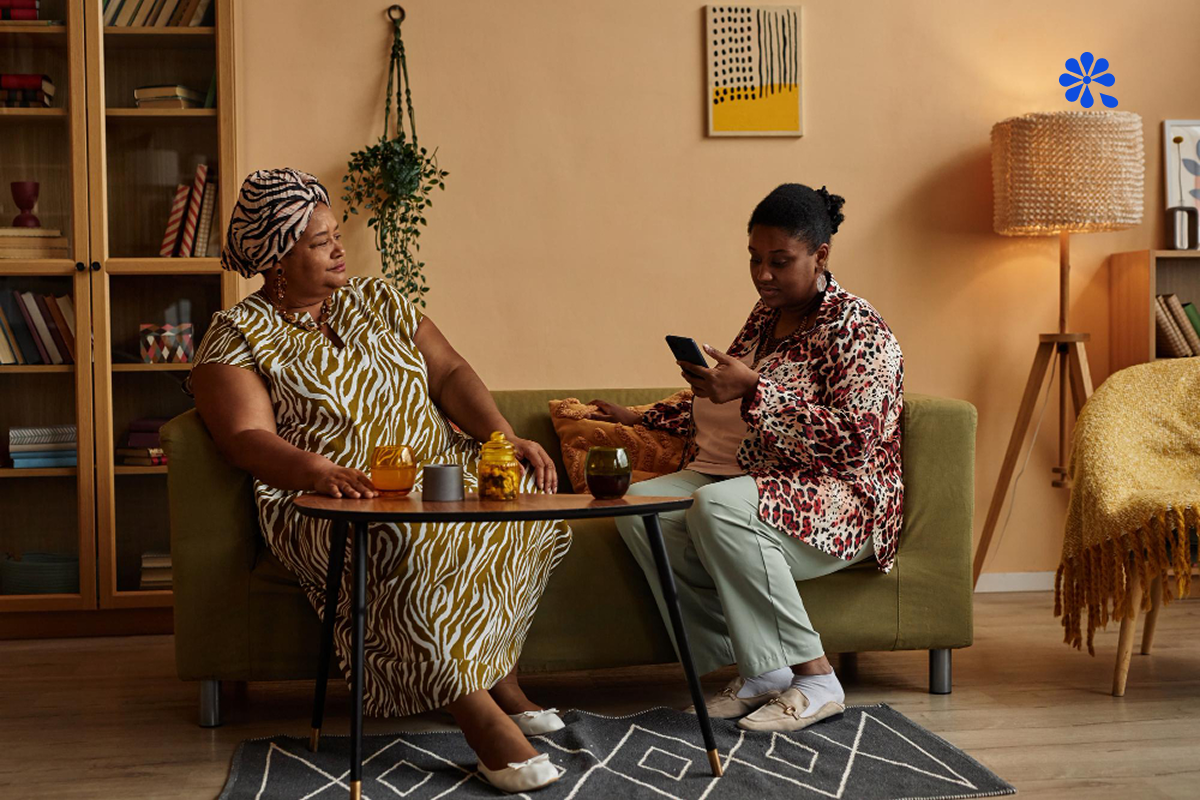At a Glance 🕊️
- ·
Asking for help during funerals is not weakness; it’s part of community.
- ·
Clear, thoughtful communication removes the guilt and pressure.
- ·
WithPema offers a central, dignified way to manage funeral contributions.
Why Asking for Support Is Normal in Kenya
Funerals in Kenya are rarely an individual or nuclear family affair. They are communal, involving extended families, neighbors, church groups, and entire villages.
The costs — from mortuary fees to transport and meals — often stretch beyond what one household can manage. Asking for support is not an act of weakness but an expression of the Ubuntu spirit: “I am because we are.”
Still, the cultural expectation to give can create discomfort. Families worry about over-asking. Friends feel guilty if they can’t give “enough.” The tension lies not in the willingness to help, but in how the request is made. When handled with care, asking for support becomes an act of inclusion, not obligation.
Now let’s break down how to ask for that support gracefully.
How to Ask for Support Without Guilt or Pressure
1. Be Clear About the Purpose
When people understand exactly what they are contributing towards, they feel more connected and less pressured. Vagueness often breeds suspicion or hesitation.
- ·
State the need plainly: “We are raising funds for hospital and funeral expenses.”
- ·
Give a sense of scope: Even without exact figures, a ballpark range helps people understand the size of the burden.
💡Clarity makes people feel they’re part of a solution, not just handing out money.
2. Centralize the Contribution Process
One of the biggest mistakes families make is scattering requests across multiple channels — M-Pesa numbers, church groups, WhatsApp forums, cash collections. This creates confusion and sometimes pressure when people are asked twice.
💡 This is exactly where WithPema comes in — it offers a single, dignified platform for contributions, ensuring supporters know where to give and families can focus on grieving, not bookkeeping.
3. Frame the Ask as an Invitation, Not an Obligation
The tone you use makes all the difference. Pressure comes when people feel “cornered.” Instead, position your ask as an invitation to care.
- ·
Soft wording helps: “If you’d like to stand with us…” is gentler than “We need everyone to contribute.”
- ·
Acknowledge different capacities: Not everyone can give money, but presence, messages, or small acts of service also matter.
💡People want to help, but no one wants to feel forced. Gentle language turns support into a choice, not a demand.
4. Show Gratitude Early and Often
Gratitude eases guilt on both sides. When supporters feel appreciated, the “pressure” evaporates.
- ·
Thank contributors promptly: A quick acknowledgment, even in a group message, goes a long way.
- ·
Celebrate all forms of support: Someone’s presence, prayers, or meal donations deserve recognition too.
💡WithPema makes this easier by keeping track of contributions, so families don’t accidentally overlook anyone.
5. Share Updates to Build Trust
Supporters want to know their contributions made a difference. Silence after collecting funds can leave people uneasy.
- ·
Share brief updates: A short note on arrangements or expenses reassures everyone.
- ·
Close the loop: After the funeral, acknowledge the community’s role in making it possible.
💡WithPema makes updates simpler by centralizing records and offering easy ways to communicate back to supporters.
7. Keep the Focus on Solidarity, Not Money
Funerals are about honoring a life, not tallying contributions. While financial support is crucial, it should never overshadow the human connection.
- ·
Remind people of the bigger picture: “Your presence means as much as your contribution.”
- ·
Encourage togetherness beyond giving: Support groups, prayers, and stories matter just as much.
💡By easing the financial logistics, WithPema frees families to focus on what really matters — mourning, healing, and remembering.
WithPema Insight 🌼
The unspoken truth is that what makes funeral support difficult isn’t the giving, it’s the asking. Families feel weighed down by guilt, while supporters sometimes feel cornered by repeated, scattered requests.
By offering a central, dignified channel for contributions, WithPema removes the friction. It preserves the heart of Kenyan solidarity while easing the stress of money management. Support becomes what it was always meant to be: a gift of love, not a burden.
Parting Thought:
Funerals test both our hearts and our resources. Asking for support is not a weakness — it’s part of how Kenyan communities have always endured loss together. The challenge isn’t whether to ask, but how to ask in a way that preserves dignity, clarity, and trust.
Support offered in love should never feel like pressure. When the process is made simple and transparent, everyone feels part of honoring the life lived — and that is the true essence of community.
At WithPema, we’re here to make this journey lighter — with guidance, resources, and tools designed to ease the burden of loss. Explore more of our insights and let us walk this road with you.


